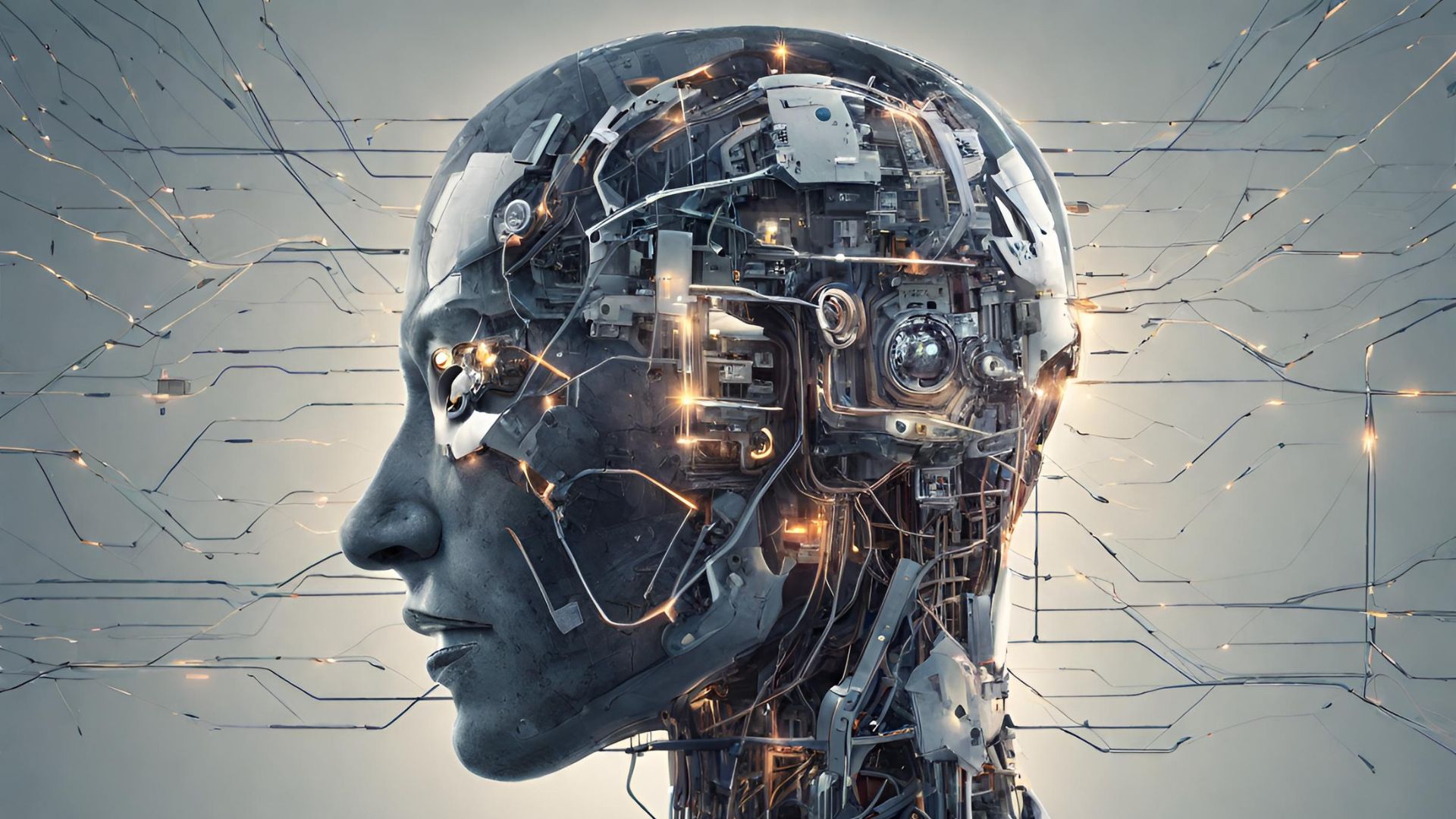The Limits of AI Understanding in Complex Systems

Recent advances in large language models have raised an important question about the boundaries of what AI systems can and cannot do. Although these models demonstrate impressive fluency in writing, coding, and reasoning tasks, their limitations become clear when they confront messy real-world problems. Understanding these limits matters not only for science but also for education and society because inflated expectations about AI can lead to misplaced trust, inefficient workflows, and a misunderstanding of human expertise. Examining how far current models can go helps clarify what skills must remain under human oversight.
Large language models learn by detecting statistical patterns in massive datasets rather than by forming causal models of the world. Because they generalise from patterns, they can reproduce structures that resemble understanding, yet they cannot reliably infer hidden mechanisms or system-level logic. This creates constraints on tasks that require causal reasoning, multi-step planning, or deep comprehension of how parts of a system interact. When problems demand decomposition, inference, or mechanism-based reasoning, pattern learners often produce outputs that look correct but fail under real conditions.
The SWE-Lancer study offers a clear example of these broader limits. The researchers tested frontier LLMs on freelance software engineering tasks worth one million dollars, including debugging, architectural decisions, and evaluation of human proposals. Although Claude 3.5 Sonnet earned over four hundred thousand dollars, all models performed far better on manager tasks than on direct coding tasks. Many coding outputs were superficial and failed to address root causes, revealing that statistical models struggle with system complexity, causal diagnosis, and real-world evaluation requirements. The study shows that tasks requiring debugging, verification, and integrated reasoning continue to exceed the capabilities of pattern-based systems.
These findings imply that even as AI becomes faster and more capable, human expertise remains essential for tasks that require causal understanding, robust reasoning, and oversight of complex systems. Collaboration between humans and AI will likely become the dominant model, with AI automating routine subtasks while humans handle mechanism-level analysis and long-term decision making. As AI tools continue to evolve, education will need to emphasise debugging skills, systems thinking, and domain knowledge. The future of AI will depend not on replacing experts but on supporting them with tools that extend their capabilities without weakening critical human judgment.